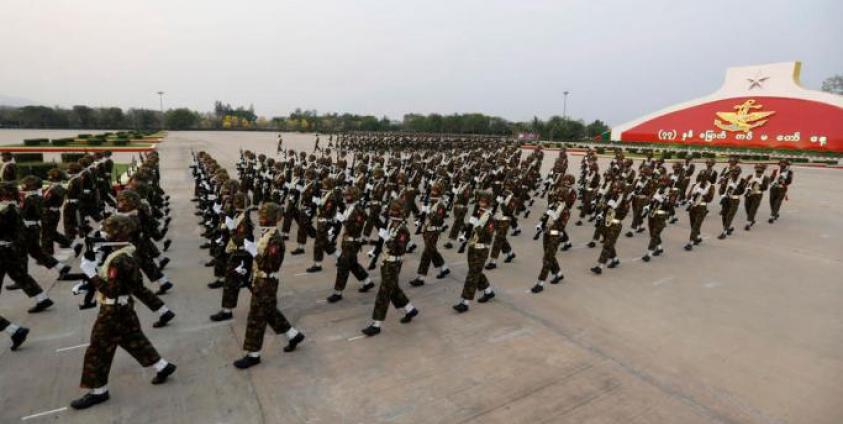It is sad to look at Myanmar today and realize what could have been.
When the country of Burma gained independence from British colonial rule in 1948, following the valiant efforts of a small band of military men including General Aung San, there was so much hope locally that this country rich in natural resources – dubbed the “Asian rice bowl” - could make a name for itself on the world stage.
The failure of General Aung San’s dream lies with his military subordinates and successors who squandered the opportunity to allow the Golden Land to grow, develop and prosper.
There is no doubt that all countries in South East Asia have faced difficulties in the wake of World War II, through the Cold War, and into what is considered to be a more enlightened era.
We know of the horror stories that came out of Cambodia, Vietnam and to a lesser extent Indonesia.
But over the last half a century and more there was one constant for Burma – dictatorial rule, mismanagement and repression by the generals who took it upon themselves to rule and stifle attempts to develop a people-centred democracy.
Only last month, the country quietly ignored the 60th anniversary of General Ne Win grabbing power.
To be clear, many countries around the world struggle with the issue of democracy, and fellow South East Asian countries have not performed well on this score.
But today where Burma or Myanmar is different is in the level of brutality used by the “men in green” against their own citizens.
The military generals who sit in their ivory tower in Naypyidaw live in a dream world in which they claim they are developing the country, while at the same time threatening their opponents with annihilation.
Junta leader Min Aung Hlaing’s speech for Armed Forces Day ought to be a reminder to Myanmar citizens that Myanmar’s military has to not only be kicked out of power but totally broken up.
All countries will argue they need a military – even one that is “defensive” as in the case of Japan – in order to safeguard the country from enemies foreign and domestic. But the Burmese military has demonstrated again and again that it is not fit for service – unless that service is brutalizing its citizens.
Since the rule of General Ne Win, Burma – now Myanmar – has gone through a succession of brutal and incompetent military regimes. Even the period of quasi-democracy from 2011 until 2021 was under the military-written 2008 Constitution that sought – despite a democratic veneer – to keep the military with its hands on the levers of power pursuing what it dubs “disciplined democracy”.
Democracy icon Aung San Suu Kyi sought to wrest control from the men who claim allegiance to her father’s vision. But the harsh reality is she walked a tightrope and fell in her democratic endeavours to turn Myanmar into a functioning democracy.
Now it is clear that the Myanmar people’s mission is to remove the head of the snake, embrace true democracy, and rebuild the country from the ground up, totally removing the current apparatus of military power.
With the firepower array displayed on Armed Forces Day, and the angry words spouted by the general in charge, it is clear that this mission will be a tough one.








